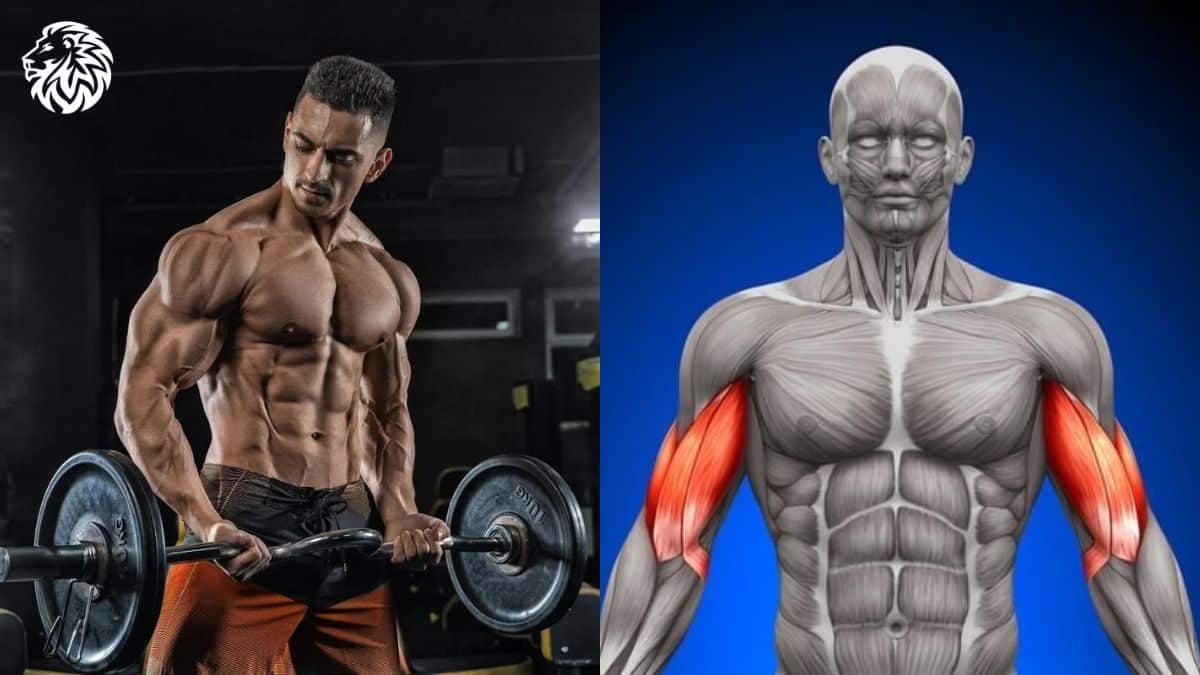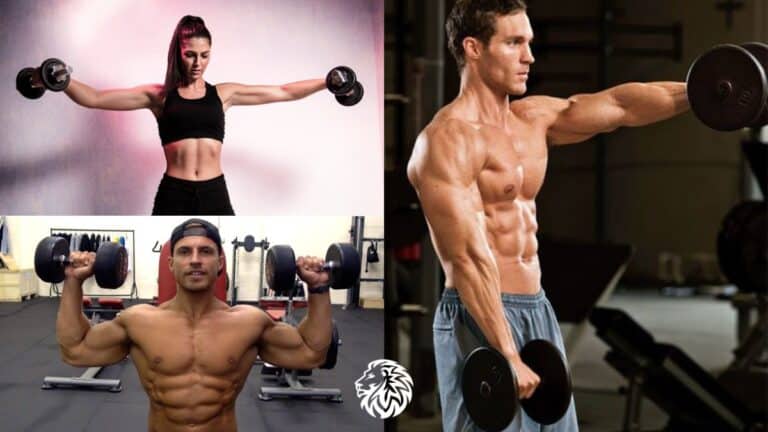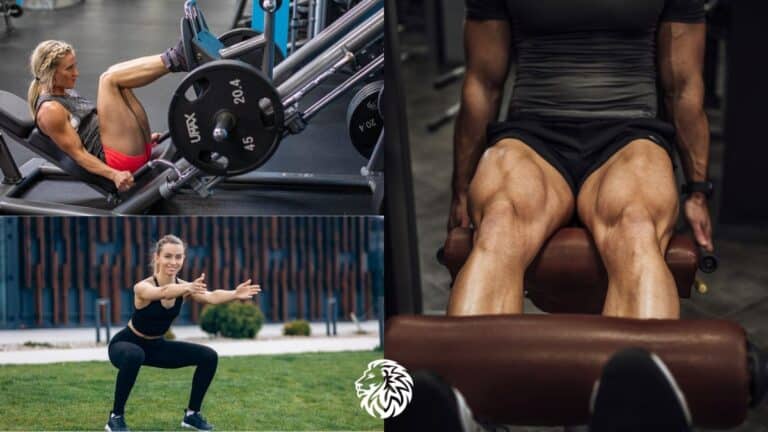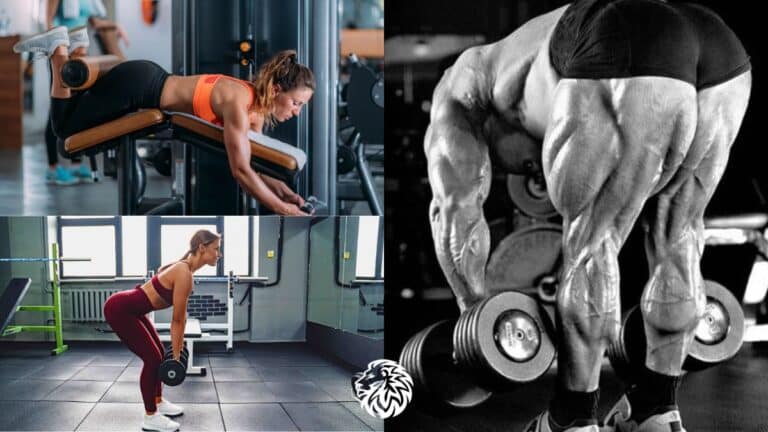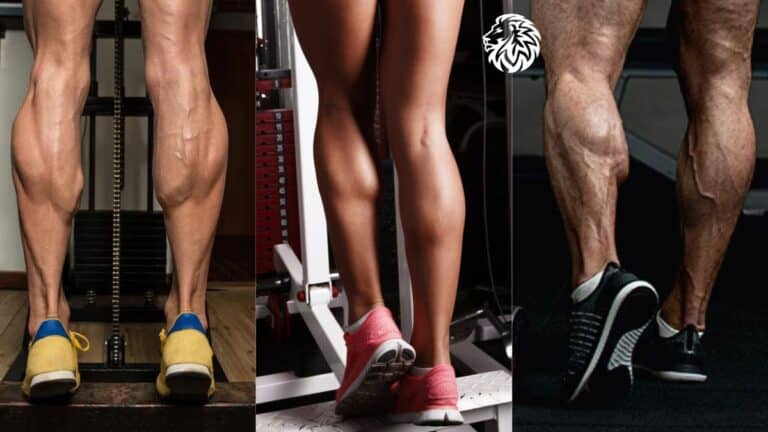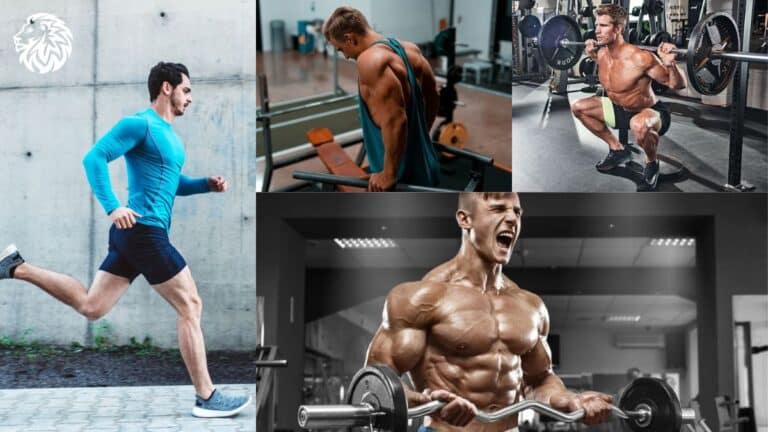When it comes to building impressive arms, biceps often take the spotlight. These prominent muscles not only contribute to a powerful and aesthetic appearance, but they also play a vital role in upper body strength and function. One of the most effective tools for developing the biceps is the humble dumbbell, offering versatility and targeting multiple muscle groups simultaneously. In this comprehensive guide, we’ll explore the best dumbbell workouts for biceps, providing step-by-step instructions, tips, and variations to ensure optimal results.
The Bicep Anatomy: Understanding the Basics
Before diving into the best dumbbell workouts for biceps, it’s essential to understand the muscle groups involved:
Bicep Brachii
The bicep brachii is the most visible muscle of the upper arm, consisting of two heads: the long head and the short head. Both are responsible for elbow flexion, while the long head also helps with shoulder flexion and stabilization.
Brachialis
Located underneath the bicep brachii, the brachialis is a significant contributor to elbow flexion. Strengthening this muscle can add mass and improve overall bicep appearance.
Brachioradialis
This forearm muscle assists with elbow flexion and is activated when performing certain bicep exercises, such as hammer curls.
The Benefits of Dumbbell Workouts for Biceps
Versatility and Variability
Dumbbell workouts invigorate bicep training by offering a multitude of exercise options and grip variations. This versatility stimulates different muscle fibers, ensuring comprehensive development and preventing plateaus. By incorporating various exercises into your routine, you keep your workouts fresh and engaging, which in turn encourages adherence and commitment to your fitness goals.
Unilateral Training
One of the key advantages of dumbbell workouts lies in their ability to facilitate unilateral training. By working each arm independently, you guarantee equal effort and progression on both sides, effectively eliminating imbalances and promoting symmetrical muscle growth. Unilateral training also encourages greater stability and core activation, as the body must remain balanced during each exercise, contributing to overall functional fitness.
Functional Strength
Dumbbell exercises closely mirror real-life movements and activities, making them an excellent choice for building functional strength. By focusing on bicep exercises that mimic daily tasks, such as lifting or carrying objects, you not only sculpt your arms but also enhance your ability to perform everyday actions more efficiently. Moreover, functional strength training with dumbbells helps reduce the risk of injury by improving joint stability and promoting balanced muscle development.
Essential Tips for Effective Bicep Training
Prioritizing Form and Technique
When striving for impressive bicep development, it’s crucial to prioritize proper form and technique above all else. Emphasize slow, controlled movements, and avoid using momentum or swinging the weights, as doing so reduces muscle activation and increases the risk of injury. By adhering to strict form, you ensure optimal muscle engagement and growth while minimizing potential setbacks.
Gradual Progression
Achieving noticeable bicep gains requires a gradual, consistent approach to progression. Rather than hastily increasing weight or intensity, focus on small, incremental improvements in your workouts. This method not only fosters sustainable muscle growth but also prevents excessive stress on your joints and connective tissues. Patience and persistence in progression are key to long-term success.
Mind-Muscle Connection
Cultivating a strong mind-muscle connection is essential for maximizing bicep development. By consciously concentrating on the contraction and stretch of the biceps during each exercise, you enhance muscle activation and promote more significant growth. Additionally, this focused awareness helps maintain proper form and technique, ensuring your workouts remain both safe and effective.
The Best Dumbbell Workouts for Biceps
Here are six highly effective dumbbell exercises for targeting the biceps:
Alternating Bicep Curl
- Stand with feet hip-width apart, holding a dumbbell in each hand with palms facing forward.
- Curl one dumbbell towards your shoulder, keeping your elbow close to your body.
- Lower the dumbbell to the starting position, then repeat with the other arm.
- Perform 3-4 sets of 8-12 repetitions per arm.
Hammer Curl
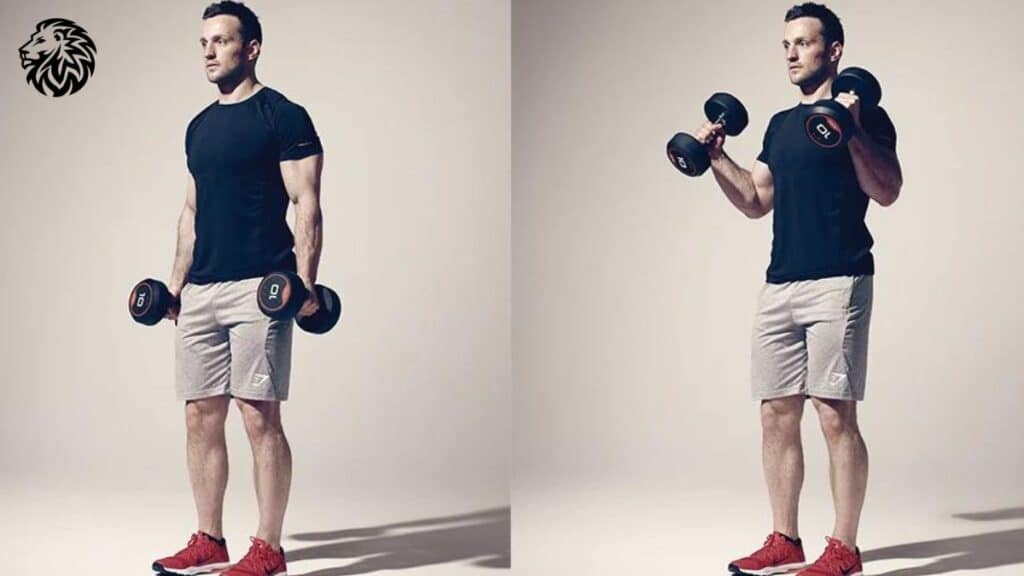
- Stand with feet hip-width apart, holding a dumbbell in each hand with palms facing your thighs.
- Curl the dumbbells towards your shoulders, maintaining a neutral grip throughout the movement.
- Slowly lower the dumbbells back to the starting position.
- Perform 3-4 sets of 8-12 repetitions.
Concentration Curl
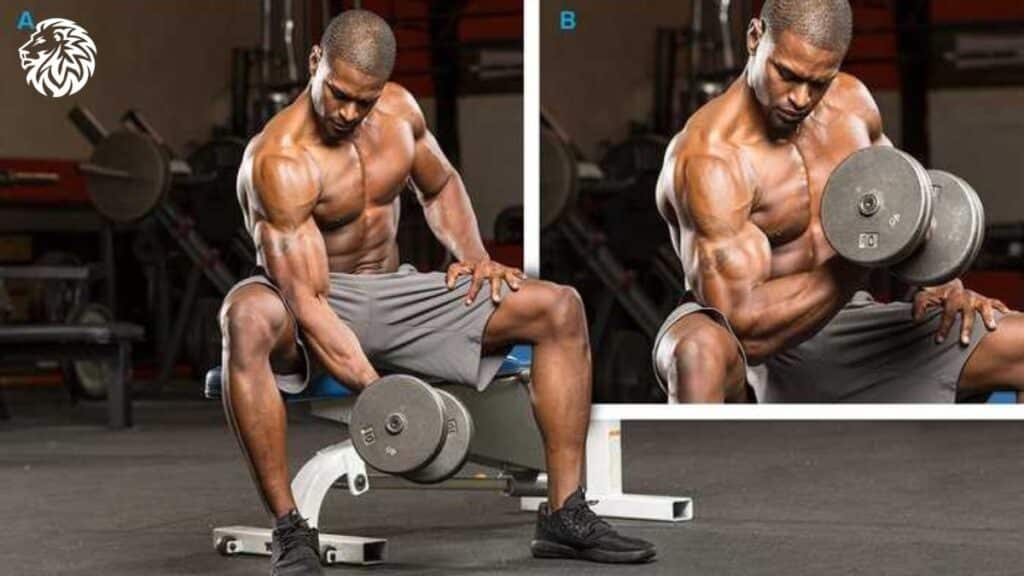
- Sit on a bench, with your legs spread apart and a dumbbell in one hand.
- Place your elbow on the inner part of your thigh, with your arm fully extended.
- Curl the dumbbell towards your shoulder, focusing on the contraction.
- Slowly return to the starting position, and repeat for 8-12 repetitions per arm.
- Perform 3-4 sets.
Preacher Curl
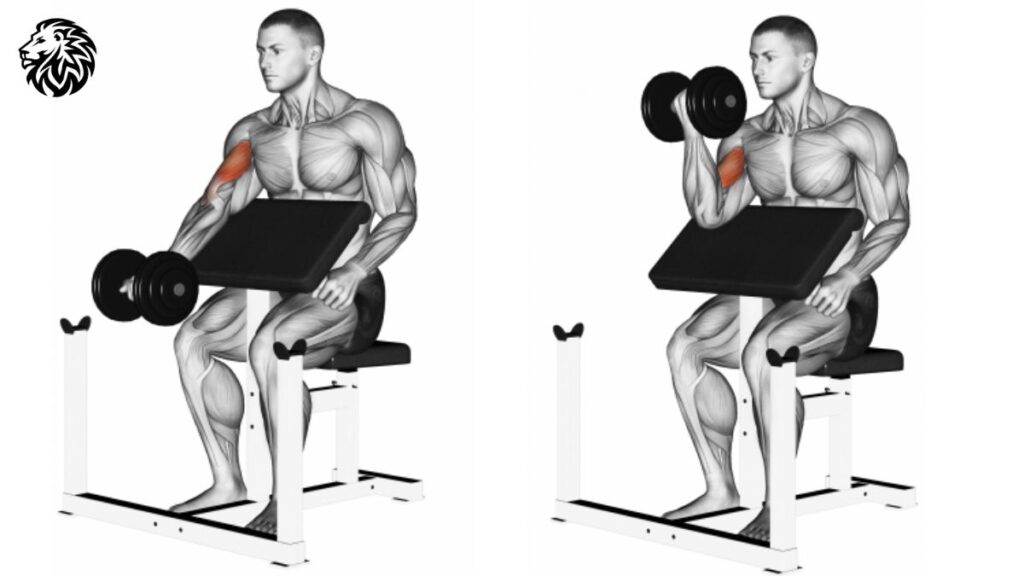
- Set up a preacher curl bench or an adjustable bench at a 45-degree angle.
- Sit or stand behind the bench, holding a dumbbell in one hand with your palm facing forward.
- Place the back of your upper arm on the bench, with your arm fully extended.
- Curl the dumbbell towards your shoulder, keeping your upper arm stationary.
- Slowly lower the dumbbell back to the starting position, and repeat for 8-12 repetitions per arm.
- Perform 3-4 sets.
Incline Dumbbell Curl
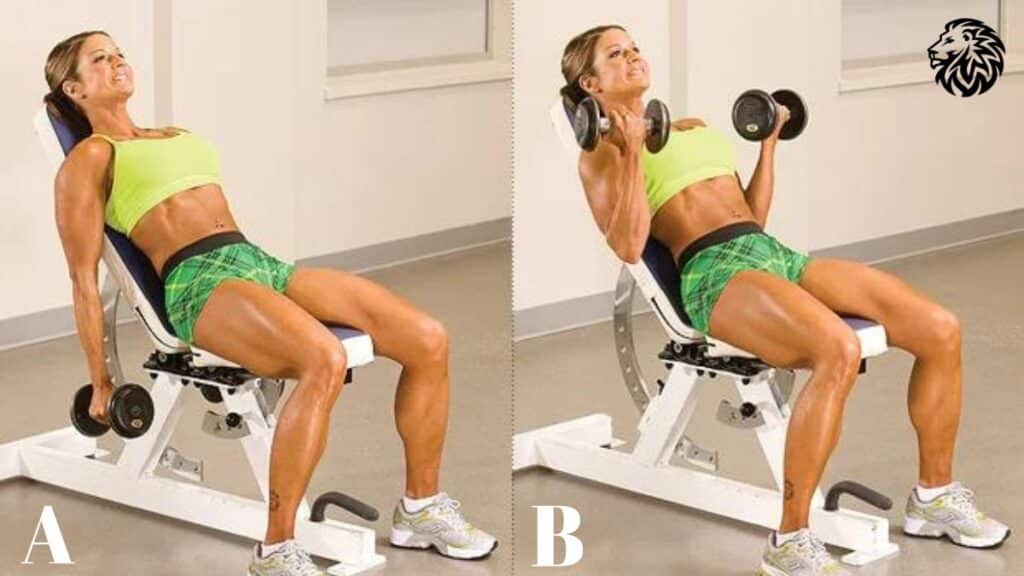
- Set up an adjustable bench at a 45-degree angle.
- Sit on the bench with a dumbbell in each hand, palms facing forward.
- With your arms fully extended, curl the dumbbells simultaneously towards your shoulders.
- Slowly lower the dumbbells back to the starting position.
- Perform 3-4 sets of 8-12 repetitions.
Zottman Curl
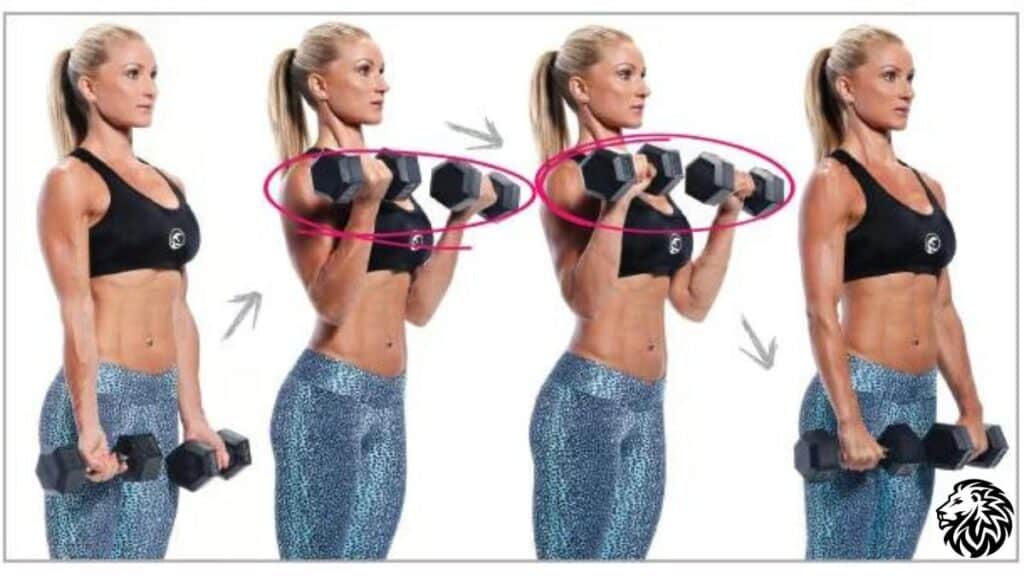
- Stand with feet hip-width apart, holding a dumbbell in each hand with palms facing forward.
- Curl the dumbbells towards your shoulders, keeping your elbows close to your body.
- At the top of the curl, rotate your wrists so that your palms face outward.
- Lower the dumbbells in a controlled manner, maintaining the outward-facing palm position.
- At the bottom, rotate your wrists back to the starting position.
- Perform 3-4 sets of 8-12 repetitions.
Maximizing Bicep Growth: Additional Considerations
Nutrition and Recovery
To achieve optimal bicep growth, it’s essential to support your training with proper nutrition and recovery. Consuming a balanced diet rich in protein, healthy fats, and complex carbohydrates ensures your body has the necessary nutrients to repair and build muscle tissue. Additionally, prioritize sufficient sleep and rest days to allow for adequate muscle recovery, as this is when growth truly occurs.
Supersets and Drop Sets
Incorporating advanced training techniques like supersets and drop sets into your bicep routine can help increase workout intensity and stimulate further muscle growth. Supersets involve performing two exercises back-to-back with minimal rest, while drop sets require reducing the weight and immediately continuing the set to failure. Both methods challenge your biceps beyond their usual limits, promoting greater adaptation and development.
Progressive Overload
Progressive overload is a fundamental principle for muscle growth, emphasizing the need for continual increases in training volume, intensity, or frequency. By regularly challenging your biceps with more weight, repetitions, or sets, you create the stimulus necessary for continued growth and adaptation. Remain attentive to your progress and make adjustments as needed to ensure your bicep training remains effective and productive.
Conclusion
The best dumbbell workouts for biceps combine versatility, intensity, and progressive overload to stimulate muscle growth and improve overall upper body strength. By incorporating a variety of exercises targeting the biceps, brachialis, and brachioradialis, you can achieve a well-rounded, powerful, and aesthetic arm appearance. Prioritize proper form, technique, and mind-muscle connection to maximize results and prevent injury. Additionally, ensure adequate nutrition, rest, and recovery to support your muscle-building goals. With consistency and dedication, you’ll be well on your way to achieving the chiseled arms you’ve always desired.
Frequently Asked Questions
How often should I train my biceps?
Training your biceps 2-3 times per week is generally recommended for optimal growth and recovery. Make sure to allow at least 48 hours of rest between sessions to give your muscles sufficient time to recover and rebuild.
Can I train biceps and triceps on the same day?
Yes, you can train biceps and triceps on the same day. Many people find it effective to perform an “arm day” workout, targeting both muscle groups in one session. This approach allows for focused, intense training and promotes balanced arm development.
How long does it take to see noticeable bicep growth?
Noticeable bicep growth can vary depending on factors such as genetics, nutrition, and training intensity. However, with consistent effort and proper programming, most individuals can expect to see visible improvements in their biceps within 8-12 weeks.
What are some common mistakes to avoid when training biceps?
Common mistakes to avoid when training biceps include using excessive momentum, neglecting proper form and technique, training too frequently without adequate recovery, and focusing solely on heavy weights instead of incorporating a range of rep ranges and intensities.
Do I need to incorporate other arm exercises for optimal results?
While bicep-focused exercises are essential for targeted growth, it’s also important to include exercises that work the triceps, brachialis, and forearm muscles. A well-rounded arm workout promotes balanced development, functional strength, and an aesthetically pleasing appearance.
References:
- Schoenfeld, B. J., & Grgic, J. (2020). Effects of range of motion on muscle development during resistance training interventions: A systematic review. SAGE Open Medicine, 8, 2050312120901559.
- Lasevicius, T., Schoenfeld, B. J., Grgic, J., Laurentino, G., Tavares, L. D., & Tricoli, V. (2019). Similar muscular adaptations in resistance training performed two versus three days per week. Journal of Human Kinetics, 68(1), 135-143.
- American College of Sports Medicine. (2009). American College of Sports Medicine position stand. Progression models in resistance training for healthy adults. Medicine and Science in Sports and Exercise, 41(3), 687-708.
